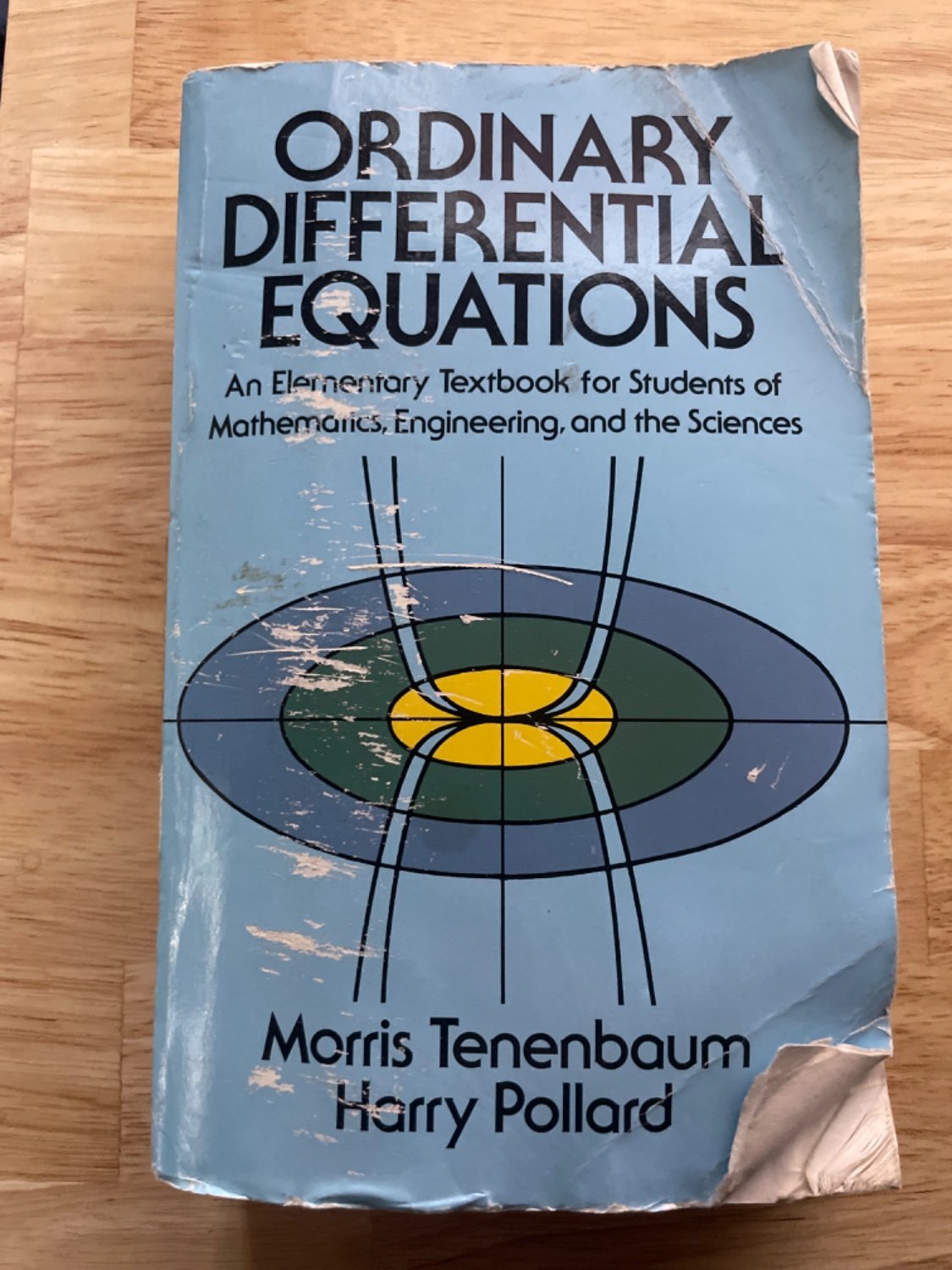

Just like our favorite DC supervillain, Bane.


Just like our favorite DC supervillain, Bane.
Pretty sure my Calc2 prof pulled this trick on us sometime in the solids of revolution unit. Started deriving something on the board, just another cylinder ok, but wtf are you calling the radius ‘z’?
She just got out of the cast last week she’s been hobbling around in for the last 6 months, cut her some slack.


Removed by mod


I’m not a political scientist or at all a political expert, so I lack the background to make a supported or definitive statement to that effect. So this is my opinion based on what I’ve seen and read but is otherwise unprofessionally qualified.
Most people probably already know how they would vote if polling day was today. The issue as I see it is not so much about chasing after the undecided voters as much as it driving engagement and enthusiasm upwards such that people actually will go vote. It’s hard to drive that enthusiasm and engagement without facetime, without being on stage giving speeches about the issues, without debating about policies and implementation. With the win/loss margins being so razor thin right now in some of the key battleground states (so-called “swing states”) anything that gets her away from the voters is a distraction that can’t be allowed to manifest.


If she wins the election being the key operative word. The race is far from won right now; her attention needs to be on her race. Ukraine does not benefit in the long run if she loses it now.
My Dover Ordinary Differential Equations book is my second favorite math book.

My first favorite is Spivak’s Calculus.

They’re both just so beautiful. Wish I had time to relearn it all again. :)


Still not working for me. Anyone got a mirror?


The “if you build it, they will come” strategy.


Nope. Security risk, can’t let him leave. He can live out the rest of his days desperately clinging to any straw of attention he can get in mar a lago.
And CPD: Chronic Procrastination Disorder
Then download a NVIDIA 4090Ti and a 4K x 144Hz screen.
newegg hates this one simple trick.


Fucking work for once you piece of fuck. Fuck this day. Fuck this shit. Fuck this degree. Fuck.


Cool cool, we’re cool. I get a little triggered when I hear people say that NN/DL models are “fancy statistics”—it’s not the first time.
In what seems like another lifetime ago, my first engineering job was as a process engineer for an refinery-scale continuous chromatography unit in hydrocarbon refining. Fuck that industry, but there’s some really cool tech there nevertheless. Anyway when I was first learning the process, the technician I was learning from called it a series of “fancy filters” and that triggered me too—adsorption is a really fascinating chemical process that uses a lot of math and physics to finely-tune for desired purity, flowrate, etc. and to diminish it as “fancy filtration”!!!
He wasn’t wrong, you’re not either; but it’s definitely more nuanced than that. :)
Engineers are gonna nerd out about stuff. It’s a natural law, I think.


AI is a very broad term that also includes expert systems (such as Computational Fluid Dynamics, Finite Element Analysis, etc approaches.). Traditional machine learning approaches (like support vector machines, etc.) too. But yes, I agree—most commonly associated with deep learning/neural network approaches.
That said, it’s misleading and inaccurate to state that neural networks are just statistics. In fact they are substantially more than just advanced statistics. Certainly statistics is a component—but so too is probability, calculus, network/graph theory, linear algebra, not to mention computer science to program, tune, and train and infer them. Information theory (hello, entropy) plays a part sometimes.
The amount of mathematical background it takes to really understand and practice the theory of both a forward pass and backpropagation is an entire undergraduate STEM curriculum’s worth. I usually advocate for new engineers in my org to learn it top down (by doing) and pull the theory as needed, but that’s not how I did it and I regularly see gaps in their decisions because of it.
And to get actually good at it? One does not simply become a AI systems engineer/technologist. It’s years of tinkering with computers and operating systems, sourcing/scraping/querying/curating data, building data pipelines, cleaning data, engineering types of modeling approaches for various data types and desired outcomes against constraints (data, compute, economic, social/political), implementing POCs, finetuning models, mastering accelerated computing (aka GPUs, TPUs), distributed computation—and many others I’m sure I’m forgetting some here. The number of adjacent fields I’ve had to deeply scratch on to make any of this happen is stressful just thinking about it.
They’re fascinating machines, and they’ve been democratized/abstracted to an extent where it’s now as simple as import torch, torch.fit, model.predict. But to be dismissive of the amazing mathematics and engineering under the hood to make them actually usable is disingenuous.
I admit I have a bias here—I’ve spent the majority of my career building and deploying NN models.
It wants to sell my air quality data. How often I fart, what the dispersion rate is, geolocation correlations for wildfire air quality monitoring, how often I replace filters.
Why the fuck does my air purifier need to be cloud connected?


At this time of year?


Popeyes and Taco John’s at the Love’s.
I feel similar but with a 16-17” 3K resolution. Honestly it’s the biggest thing keeping me away from a Linux laptop and in my ancient 15” MacBook Pro.